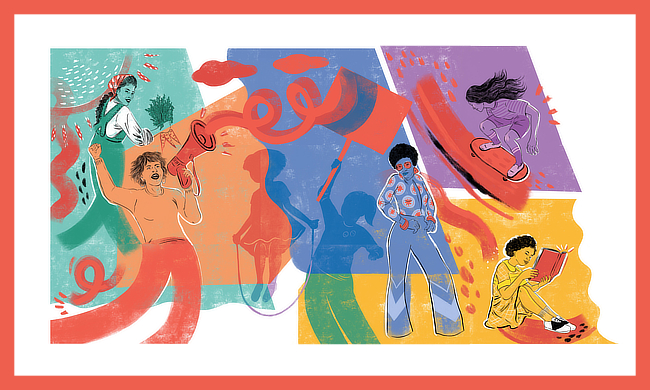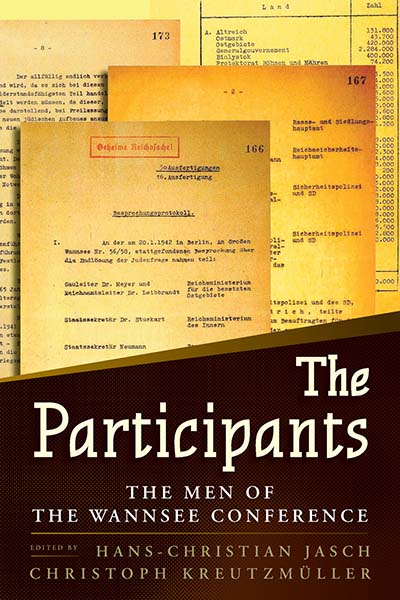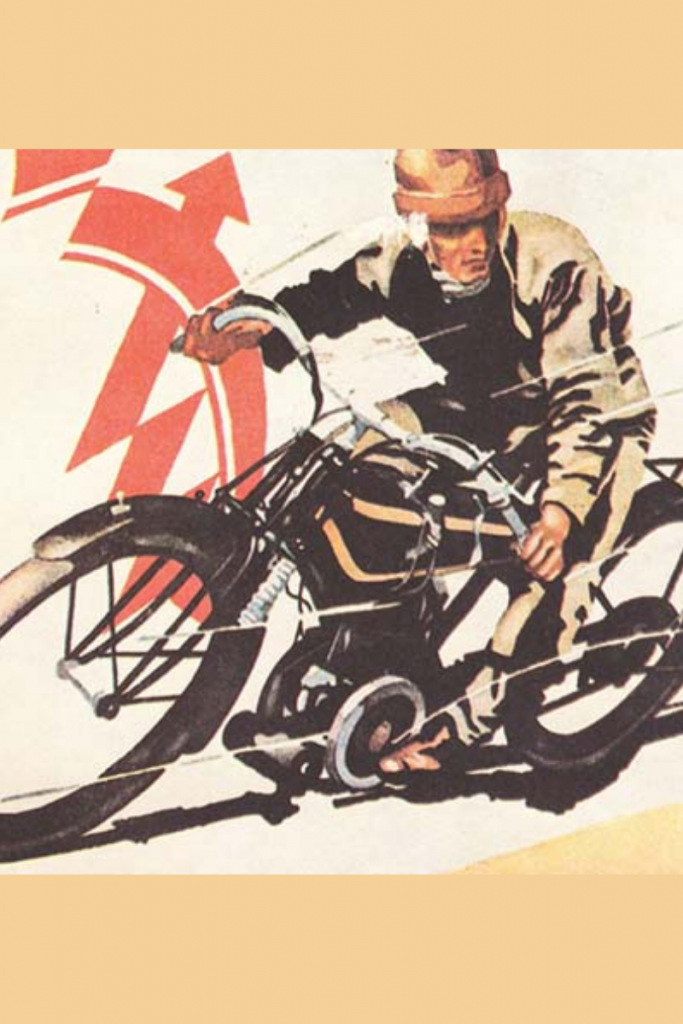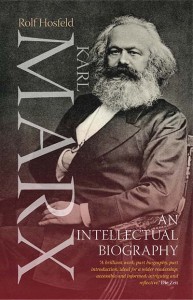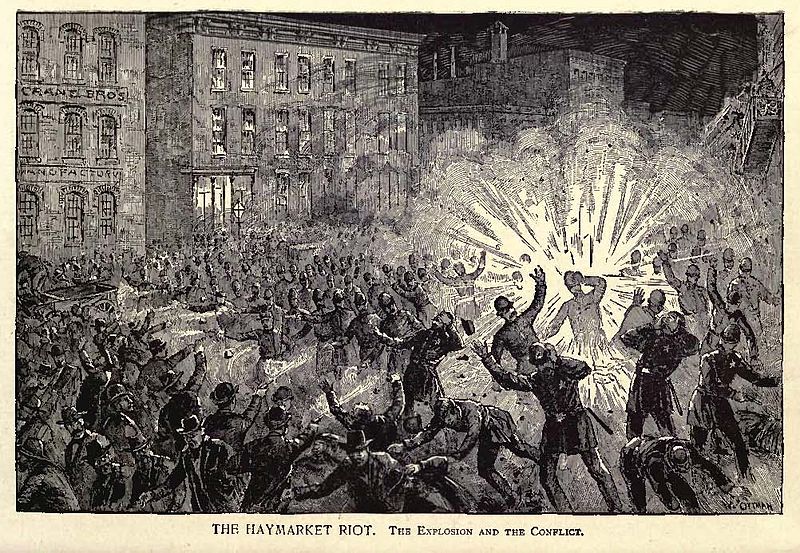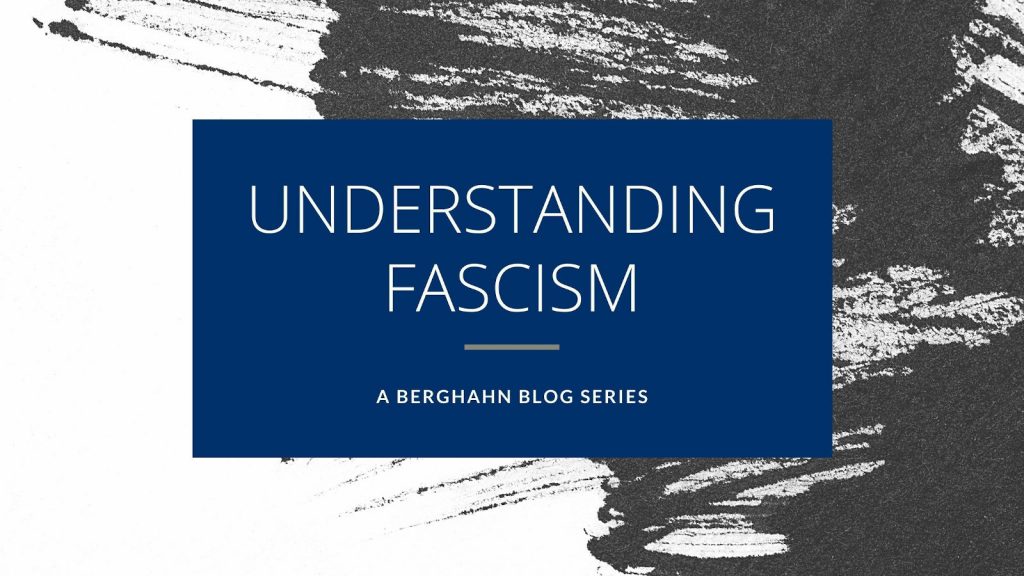Victory in Europe Day is the day celebrating the formal acceptance by the Allies of World War II of Germany’s unconditional surrender of its armed forces on Tuesday, 8 May 1945, marking defeat of Nazi Germany and the end of Second World War in Europe.
In recognition of the day Berghahn is pleased to offer a selection of our WWII History books, including a selection of Open Access titles. In addition, Berghahn Journals would like to highlight relevant special issues from select history journals.
Continue reading “In recognition of VE Day”

